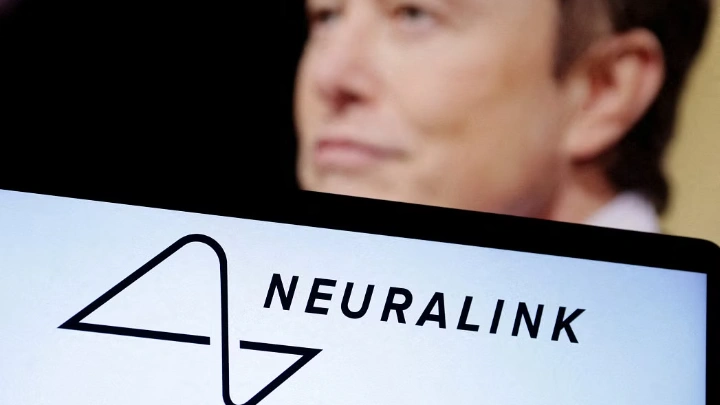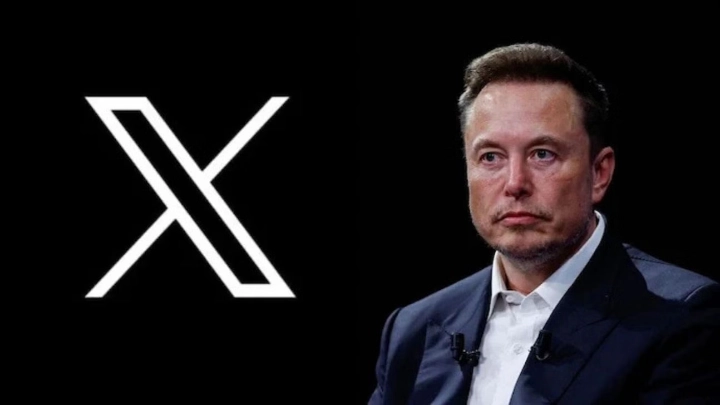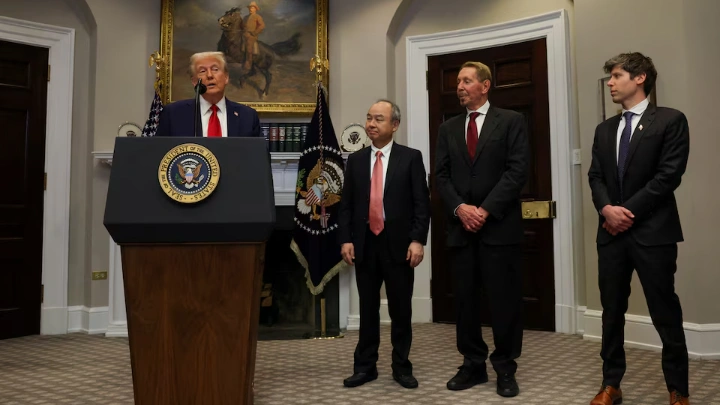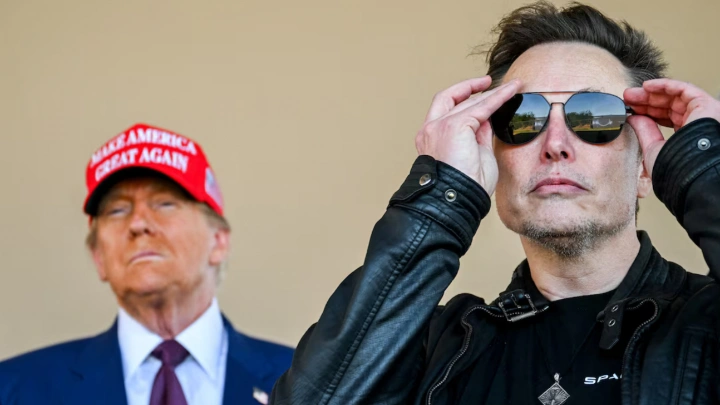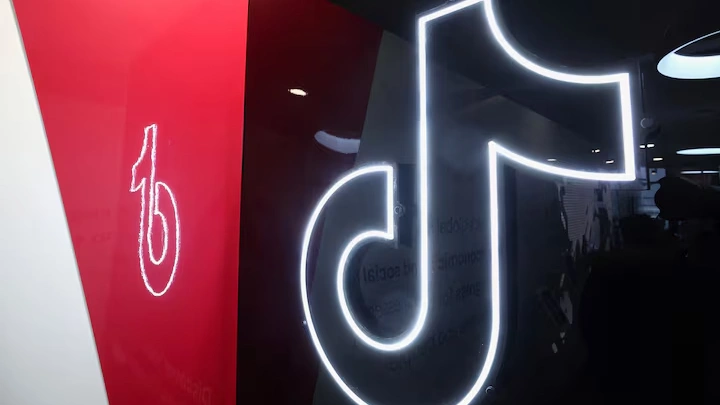A human trial of Musk's Neuralink brain implants has been approved.
DailyStar || Shining BD
Elon Musk's start-up Neuralink says that US regulators have given them permission to test their brain implants on people.
Neuralink said that getting approval from the US Food and Drug Administration (FDA) for its first clinical study on humans is "an important first step" for its technology, which is meant to let brains talk directly to computers.
Neuralink said in a tweet yesterday, "We are excited to share that the FDA has given us the green light to start our first-in-human clinical study."
Neuralink says that it is not yet possible to sign up for a clinical trial.
Musk said during a presentation by the start-up in December that the goal of Neuralink implants is to make it possible for people's brains to talk directly to computers.
"We've been working hard to get ready for our first implant in a human," he said at the time. "We want to be very careful and sure that it will work well before we put a device in a human."
Neuralink prototypes the size of a coin have been put into the skulls of monkeys, as the startup showed in a demonstration.
During a presentation, Neuralink showed several monkeys "playing" simple video games or moving a cursor on a screen by using their Neuralink implants.
Pigs have also been used to test the technology.
An early demonstration showed how a surgical robot is used to remove a piece of the skull and replace it with a Neuralink disk. The disk's thin wires are then placed in the brain in a certain way.
Musk says that the disk records nerve activity and sends the data via a common Bluetooth wireless signal to a device like a smartphone.
Musk once said during a presentation, "It actually fits quite well in your head."
"It could be right under your hair and you wouldn't know."
Putting up memories?
Musk said that the company would try to use the implants to help people who had lost the ability to see and move again.
"At first, we would let someone who has almost no control over their muscles use their phone faster than someone who has hands that work," he said.
"As miraculous as it may sound, we are sure that it is possible to give a person with a cut spinal cord full body function again," he said.
Musk said that his ultimate goal is to make sure that artificial intelligence (AI) doesn't get so smart that it makes humans look stupid. This is in addition to the possibility that AI could be used to treat neurological diseases.
Synchron, which announced in July that it had implanted the first brain-machine interface in the United States, is another company working on similar systems.
Members of the Neurallink team have made a "wish list" that includes technology that gives the paralyzed movement and the blind sight, as well as technology that allows telepathy and the uploading of memories for later use or maybe to be downloaded into replacement bodies.
Musk, on the other hand, just started a business that will focus on making AI smarter. The CEO of Tesla has also said that the company's autonomous driving technology is on the verge of a big step forward.
Musk has said that people need to sync their minds with machines if they don't want to be so far behind AI that, in the best case, they would be like "house cats."
Experts and academics are still skeptical of his plan to merge minds with super-powerful computers.
Shining BD

